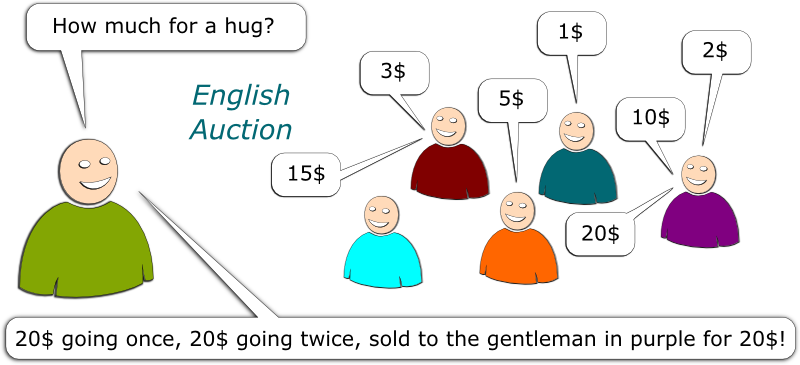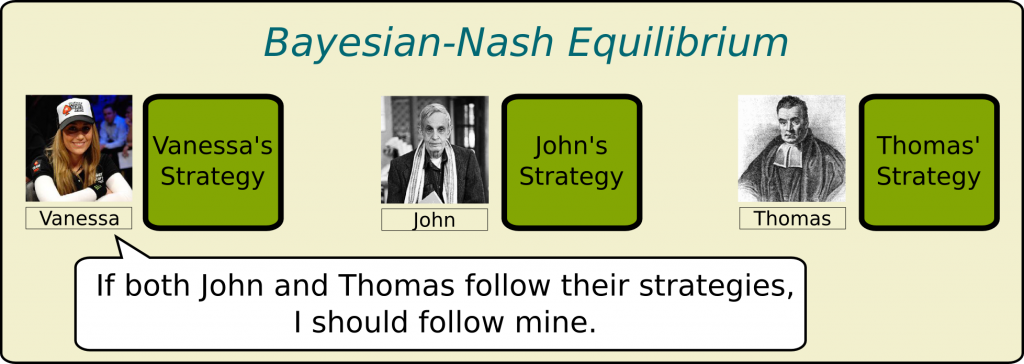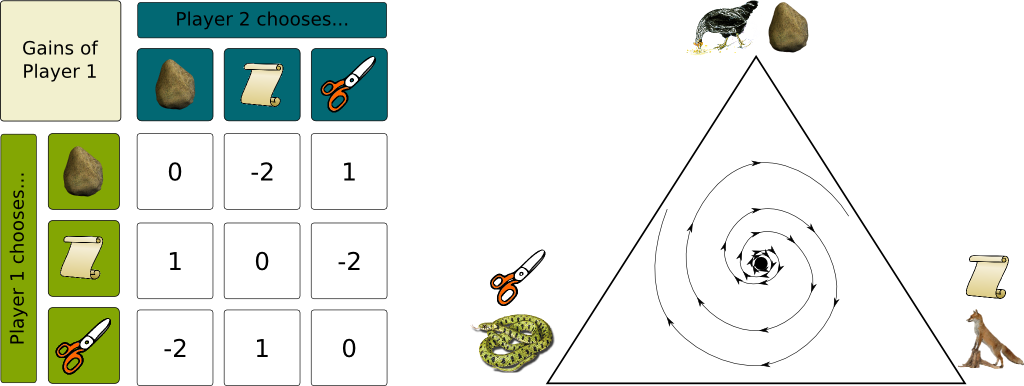Tag Archives: Game Theory
John Nash, a Beautiful Mind | Genius 1
MIT Glimpse (Episode 4)

A Mathematical Guide to Selling

The New Big Fish Called Mean-Field Game Theory

The Biology Civil War Opposing Kin to Group Selection

Bayesian Games: Math Models for Poker

Advanced Game Theory Overview

Game Theory and the Nash Equilibrium

Evolutionary Game Theory

Mechanism Design and the Revelation Principle

Regulation of Electricity Markets

Fair Division and Cake-Cutting




